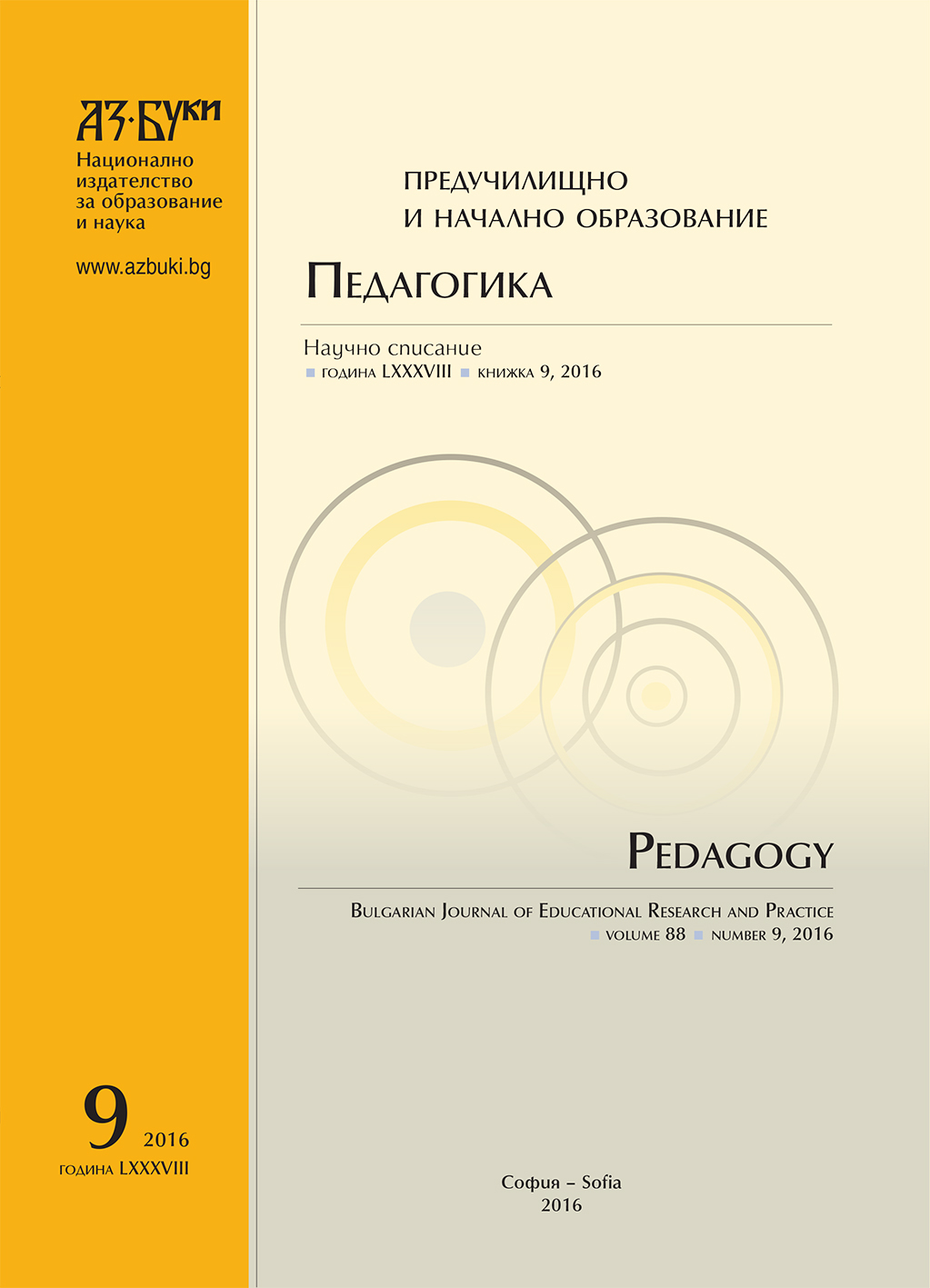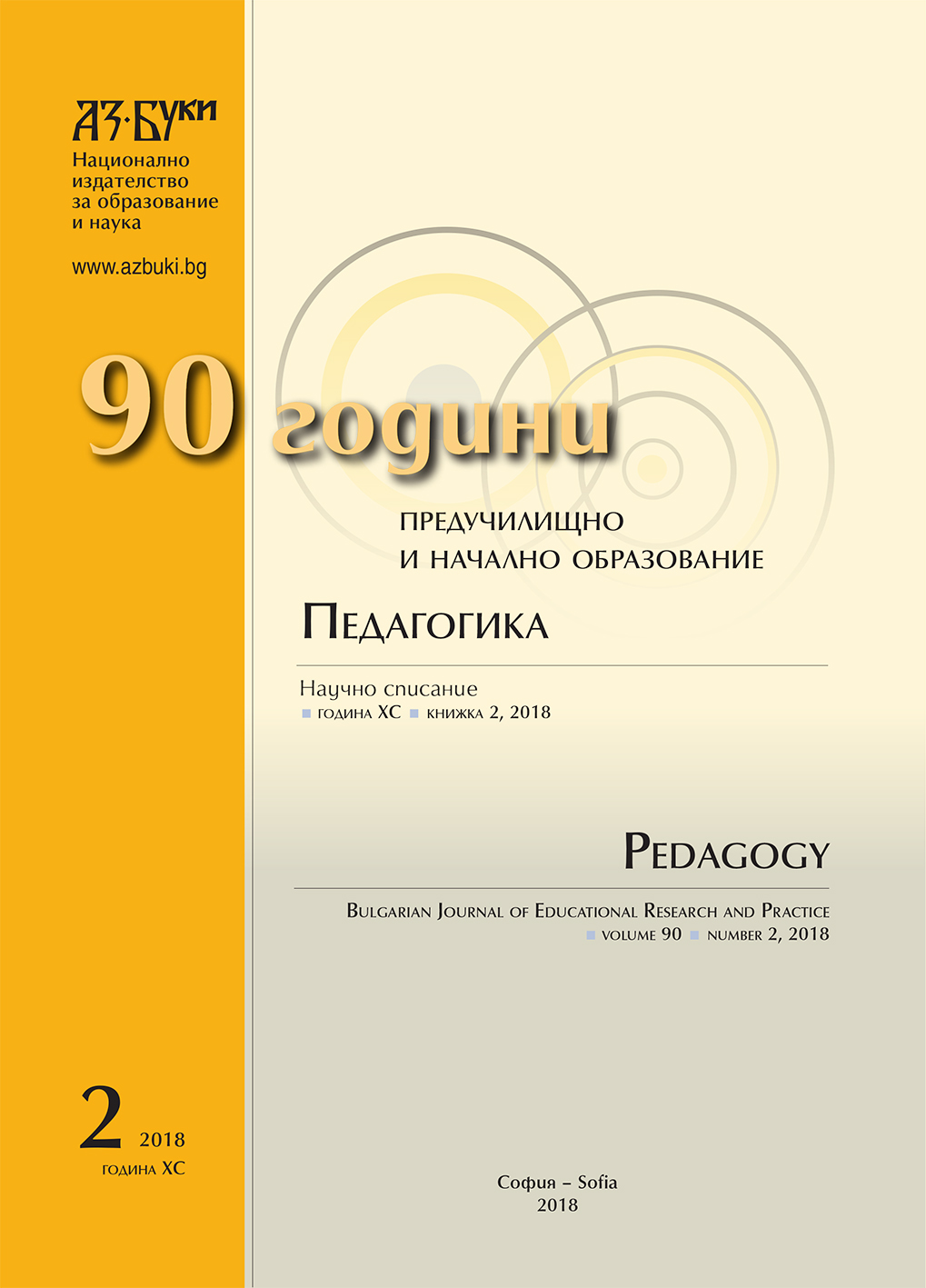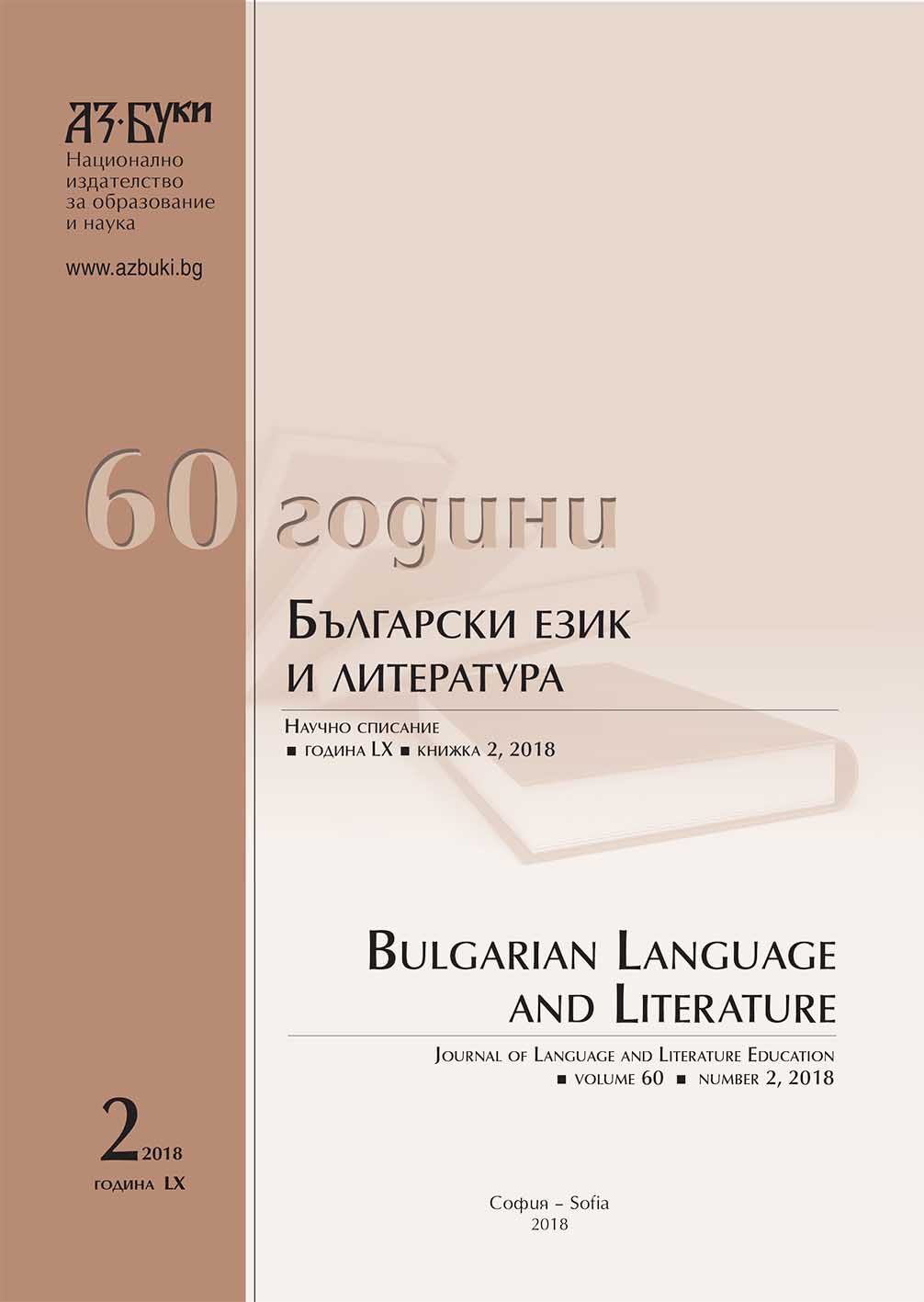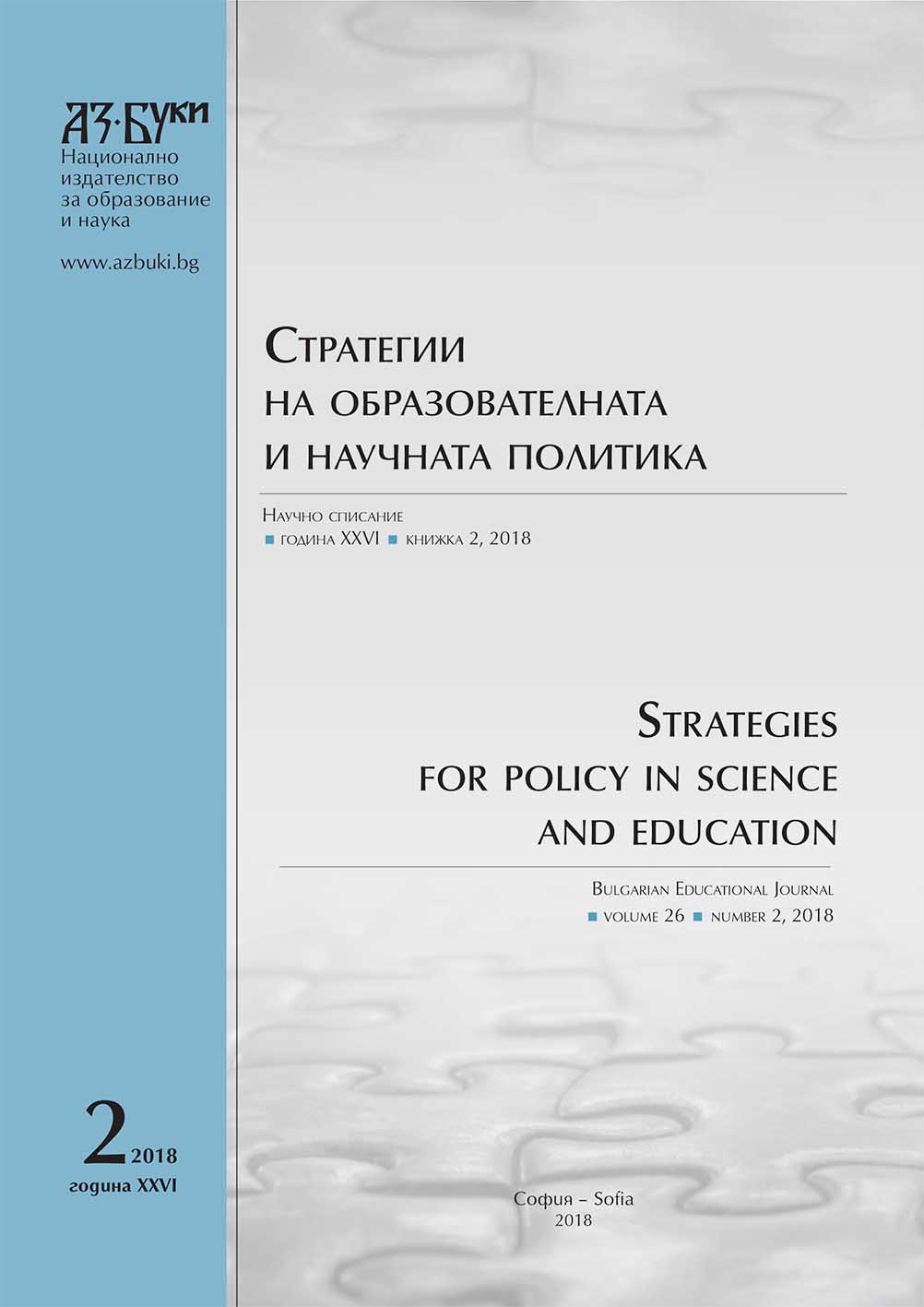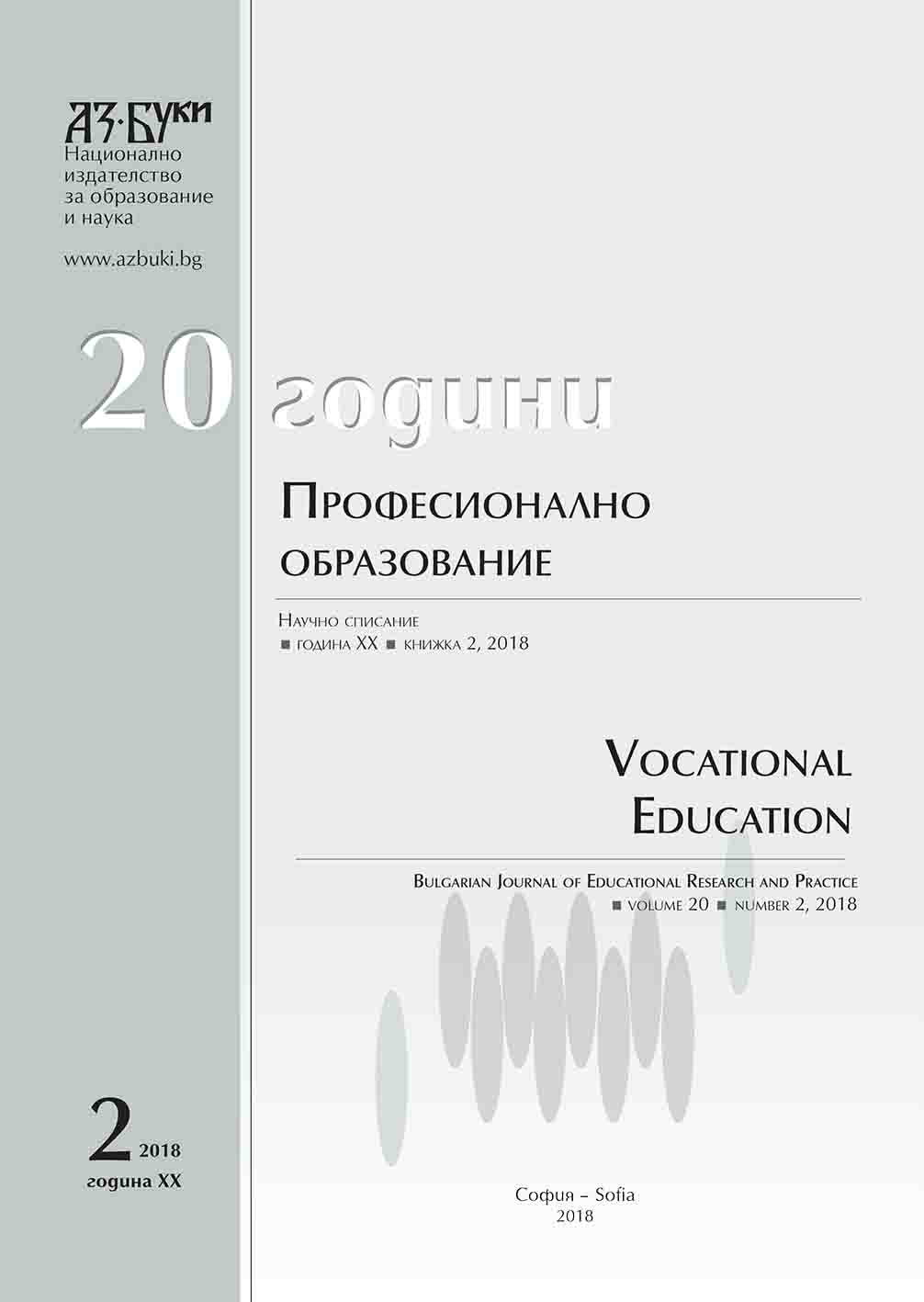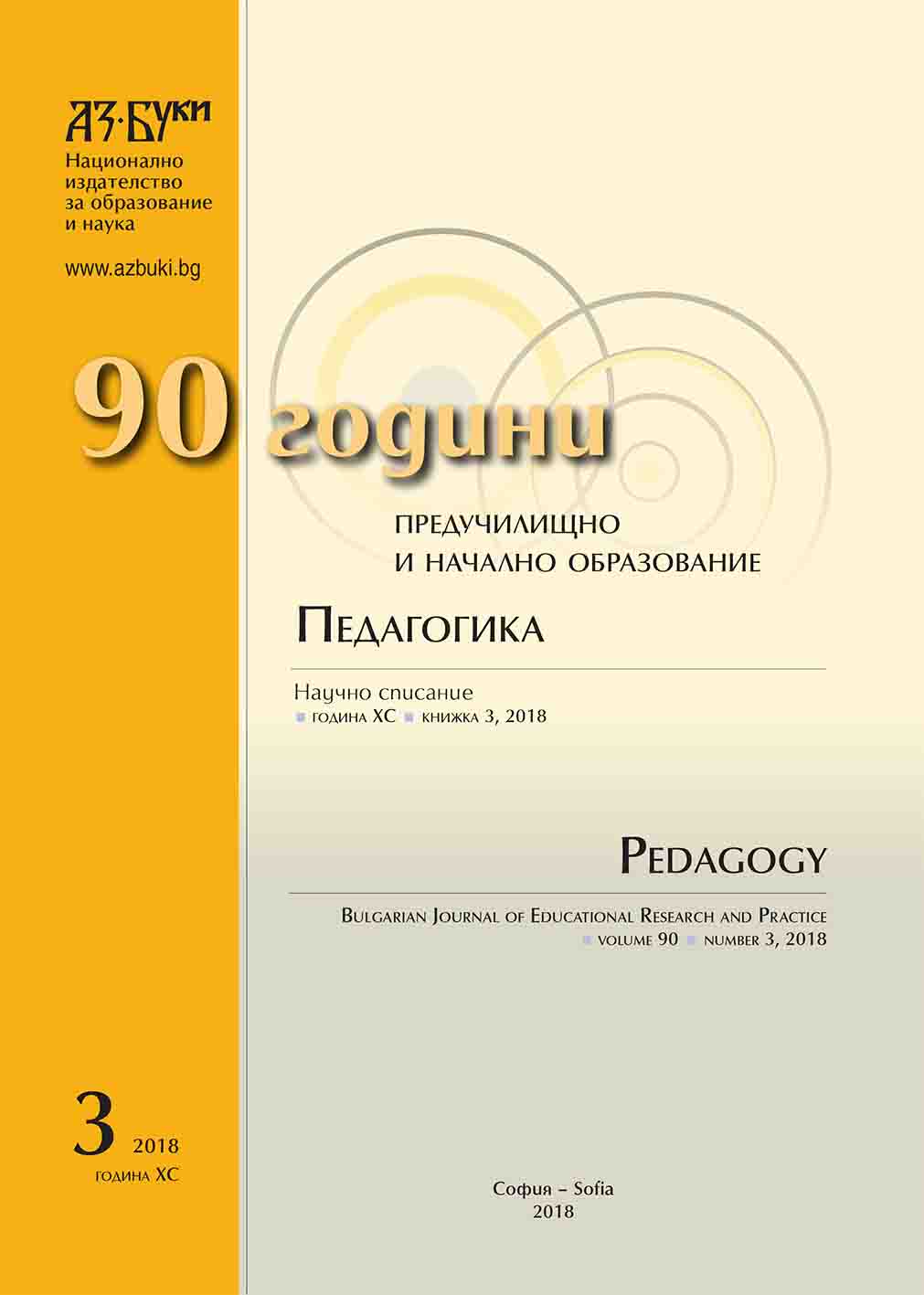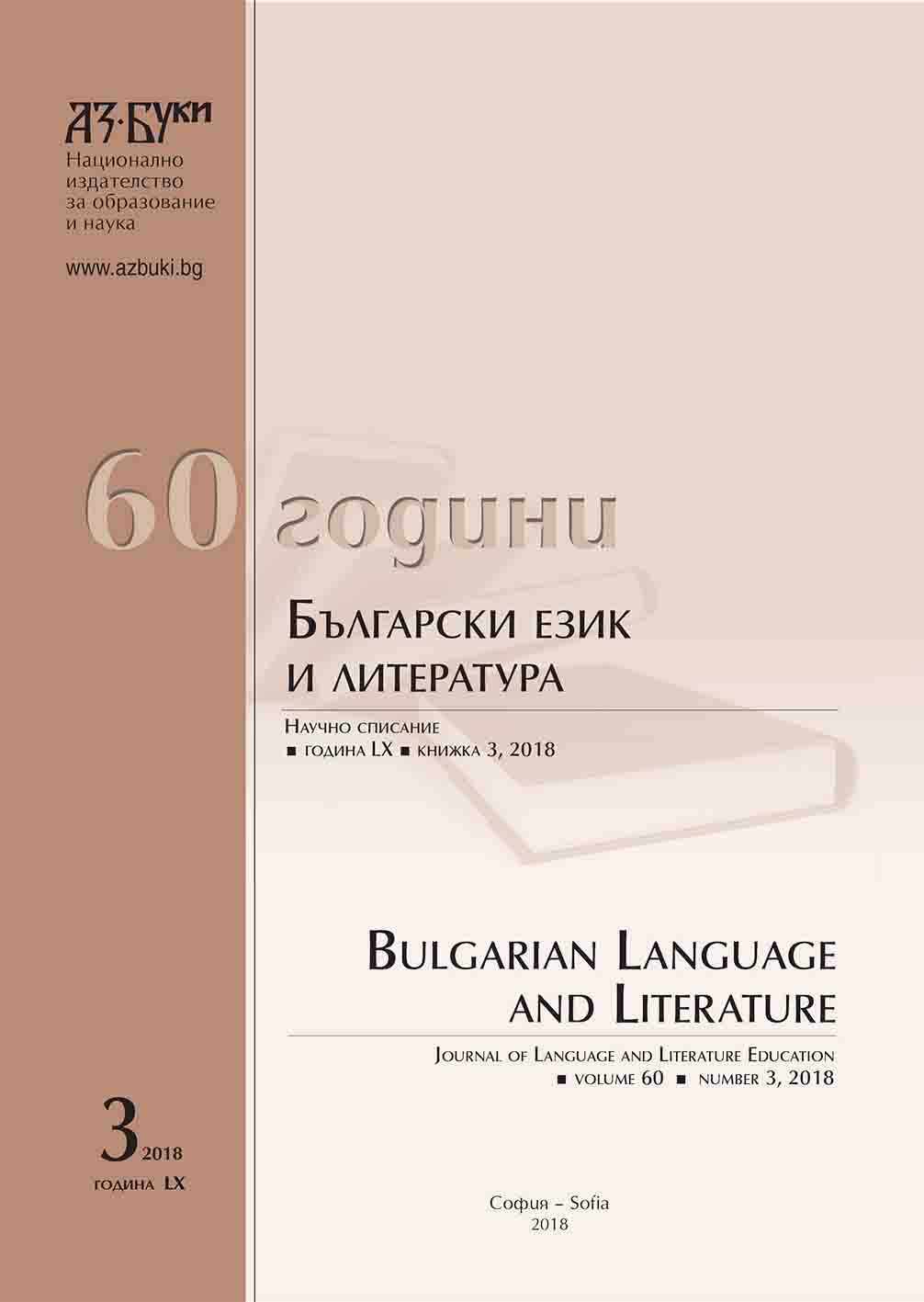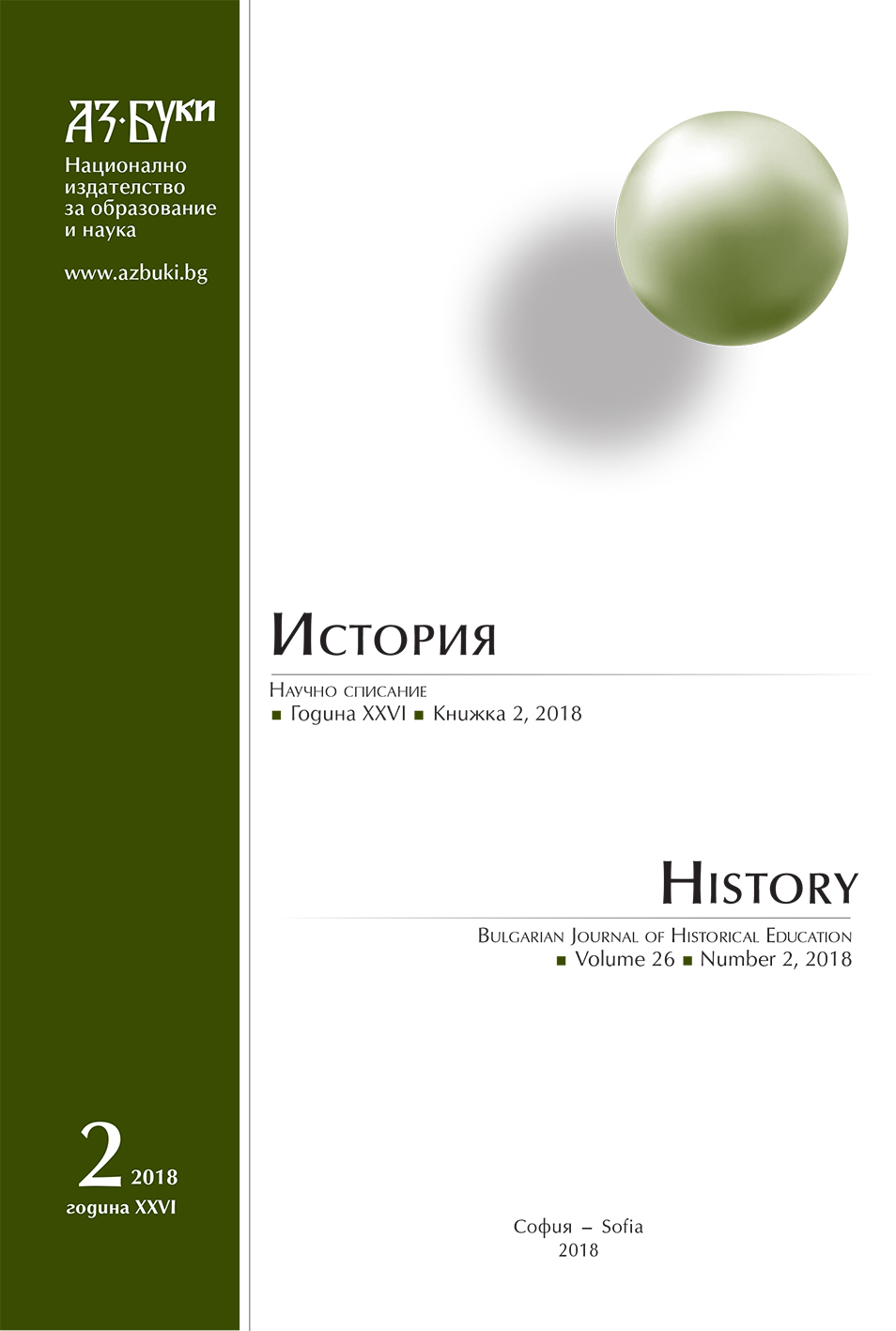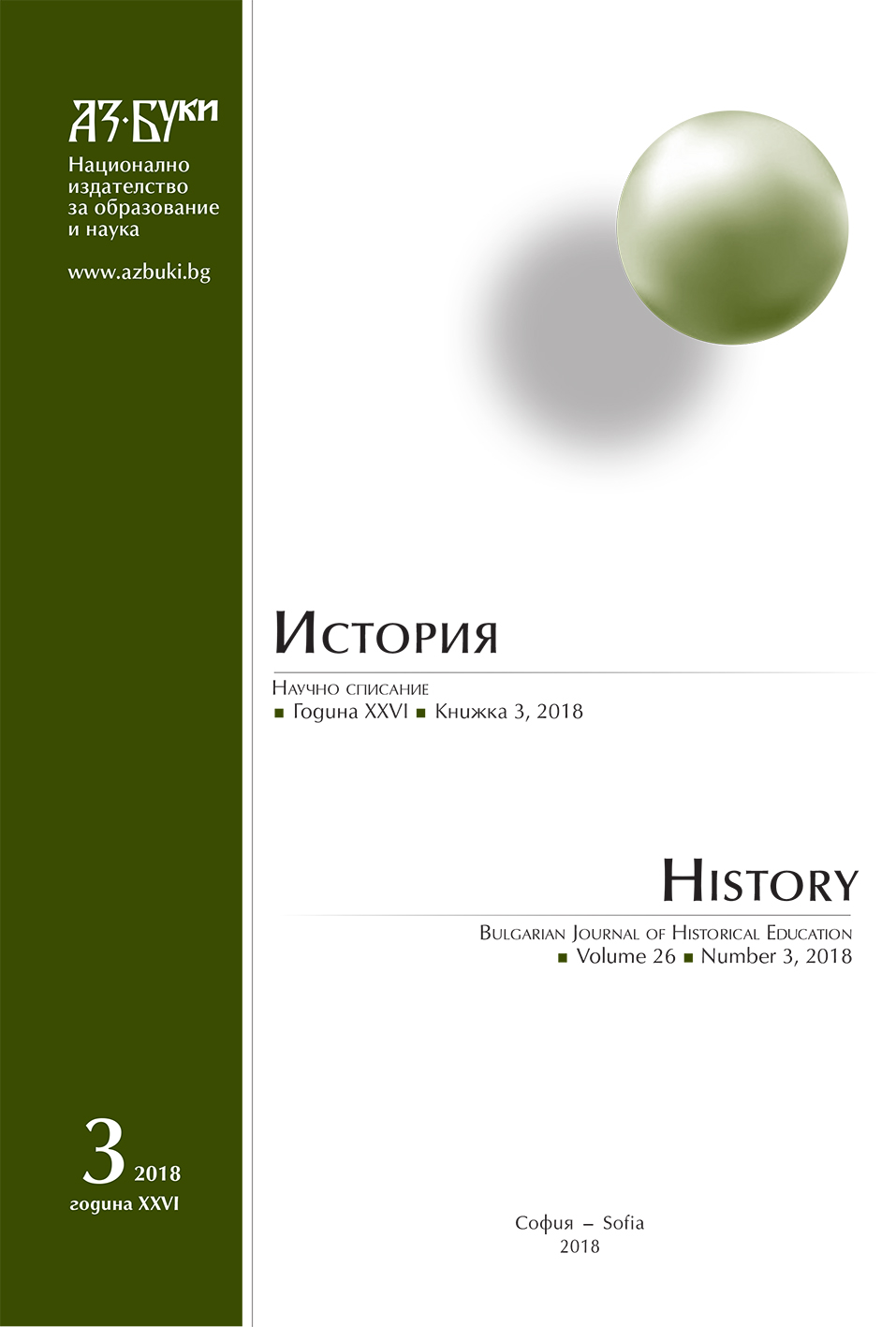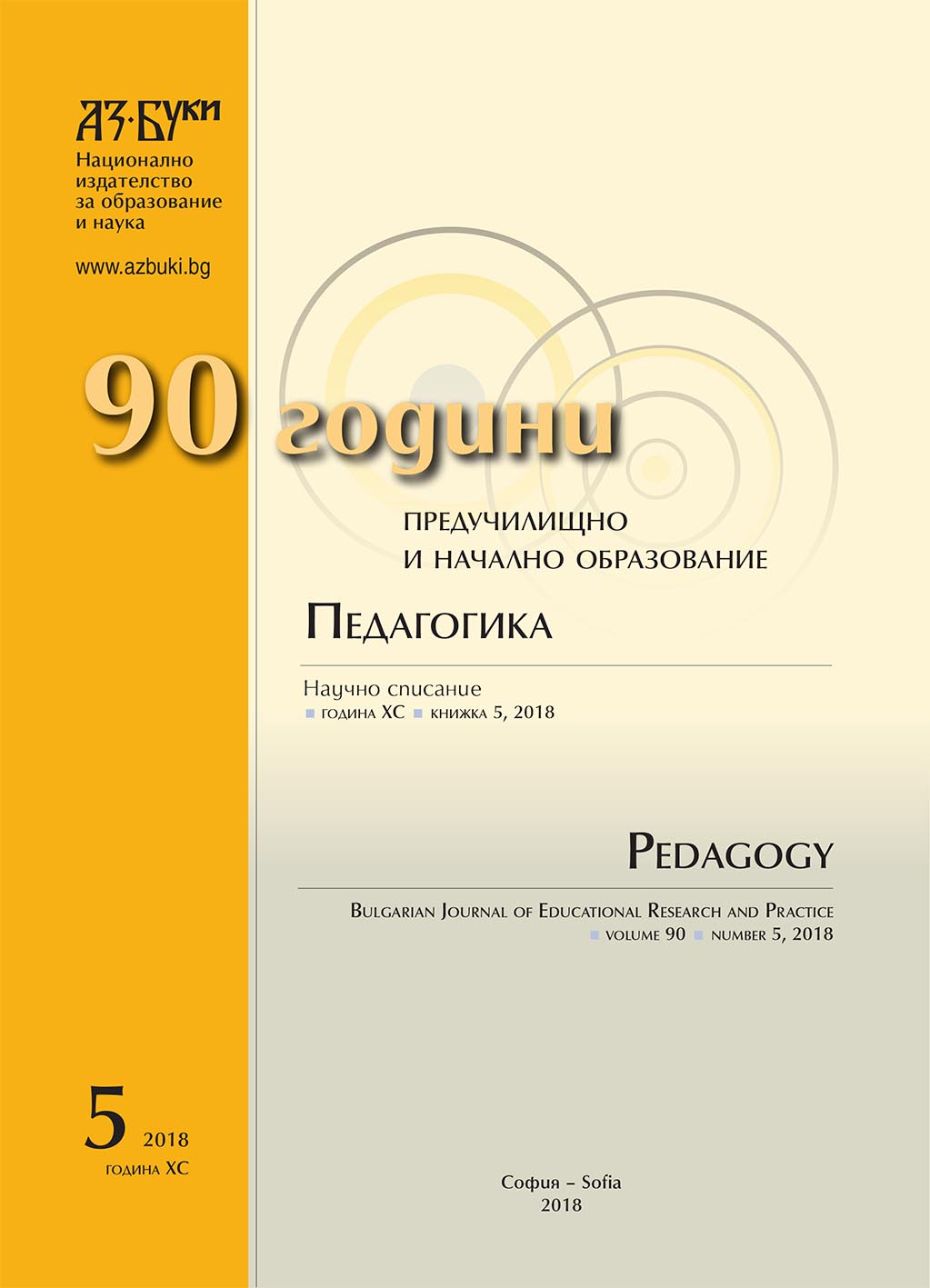Author(s): Emilj Sulejmani,Shikjerije Sulejmani / Language(s): English
Issue: 2/2018
Society is a general category, which implies the area in which people occupy space and time in a part of the universe on this planet, the Earth, i.e. all of the people who live on Earth create relationships which they establish among themselves in the process of labor and outside of it; the relationships between the people who live in a given territory, country, area; the socio-political order, the economical basis and infrastructure, all developed in a specific period of history. The main subjects and objects of a society are the people. They are also the creators of labor, of the good and beautiful. The society of people does not only create conditions but it also creates means for life. By using the physical and intellectual abilities it creates a system of productive force and a system of knowledge, different from any other being. Education is a sociological and philosophical immanence, which serves as the basis for all pedagogical principles, notions, opinions, and ideas typified and transcended in the educational area and the educational being of people. Education is a sociological, philosophical, pedagogical, and anthropological process that gives people knowledge, skills, and abilities. Education, through the systematic acquisition of scientific knowledge about nature, society and the human reasoning and it leads to acquisition of skills which develop and establish specific human traits, such as: knowledge, abilities, interests and opinions for different social and philosophical views of the world. Education as a term has many meanings. It implies an institution, a process, content and it is a result of organized or non-organized learning, for development of different cognitive abilities, and the acquisition of different knowledge, skills and habits, such as reading, writing, calculus and general knowledge about physics, the social and economic environment. Education is a part of the society or a sub-system of the global social system. Since society is part of the social system, it has all the characteristics of the global society as a whole.
More...
